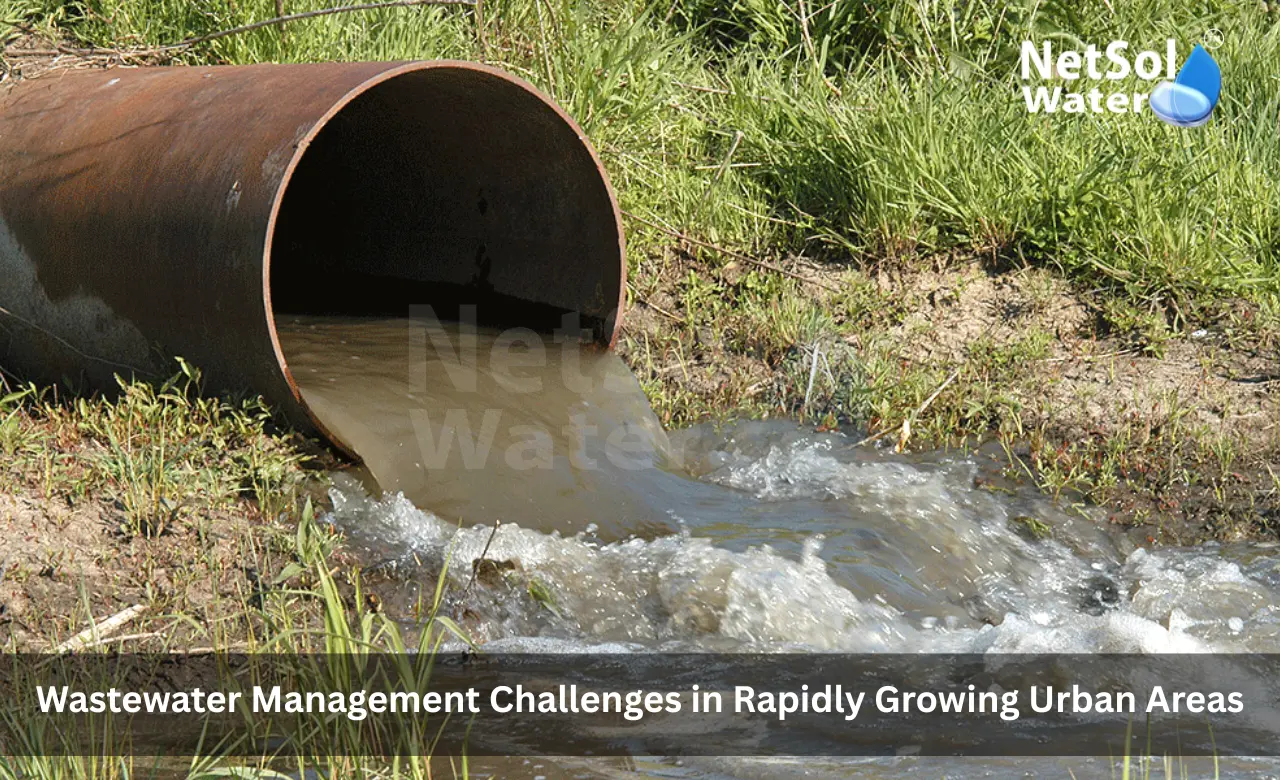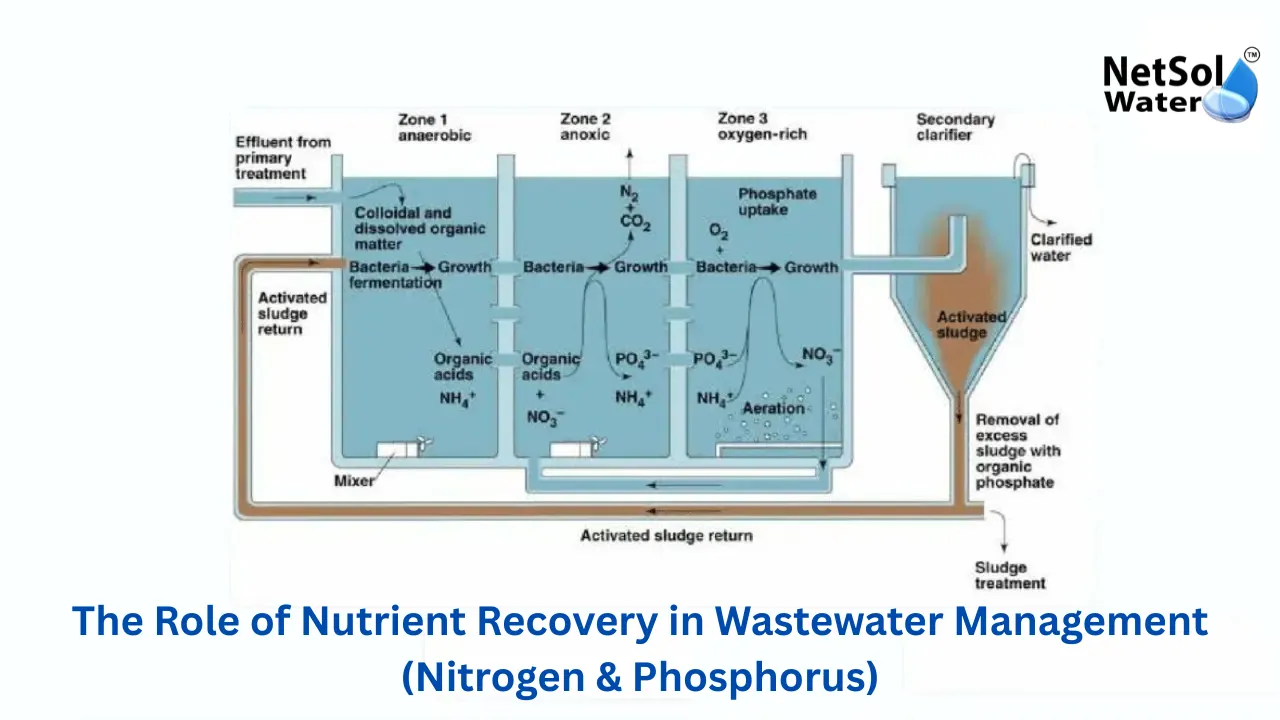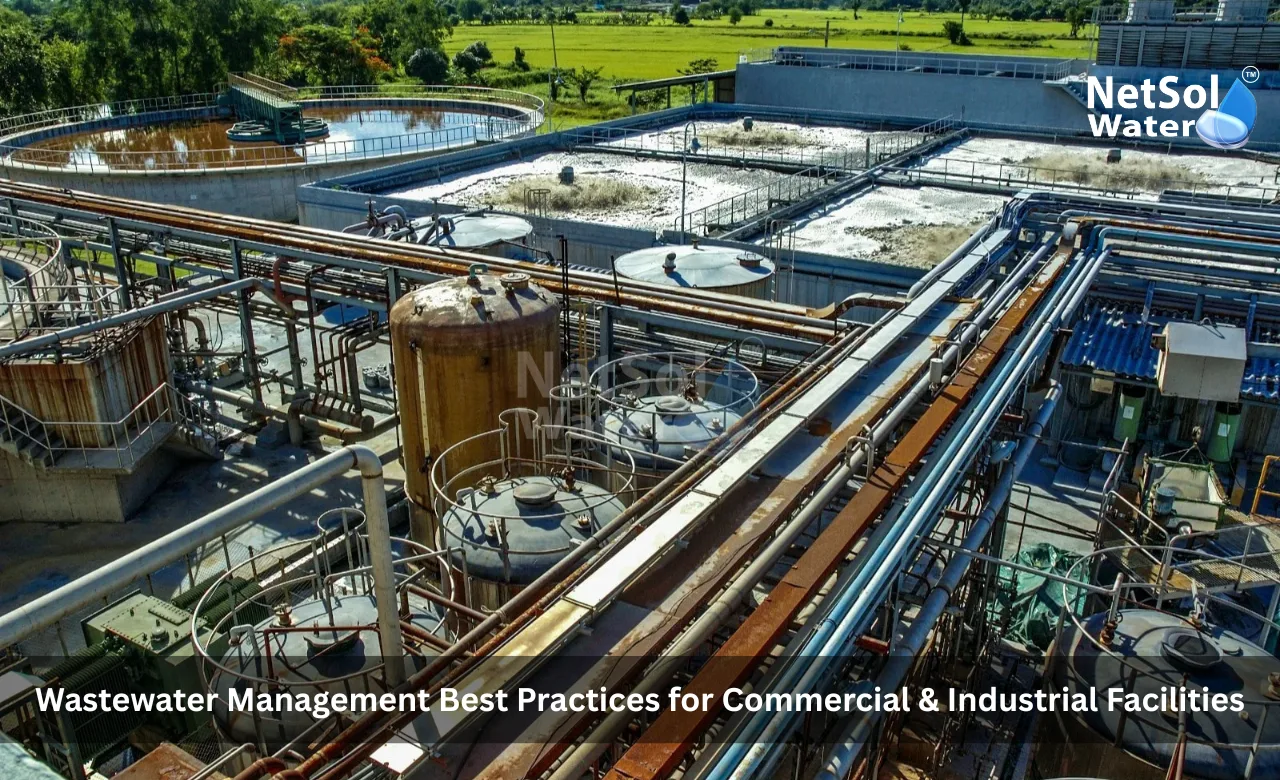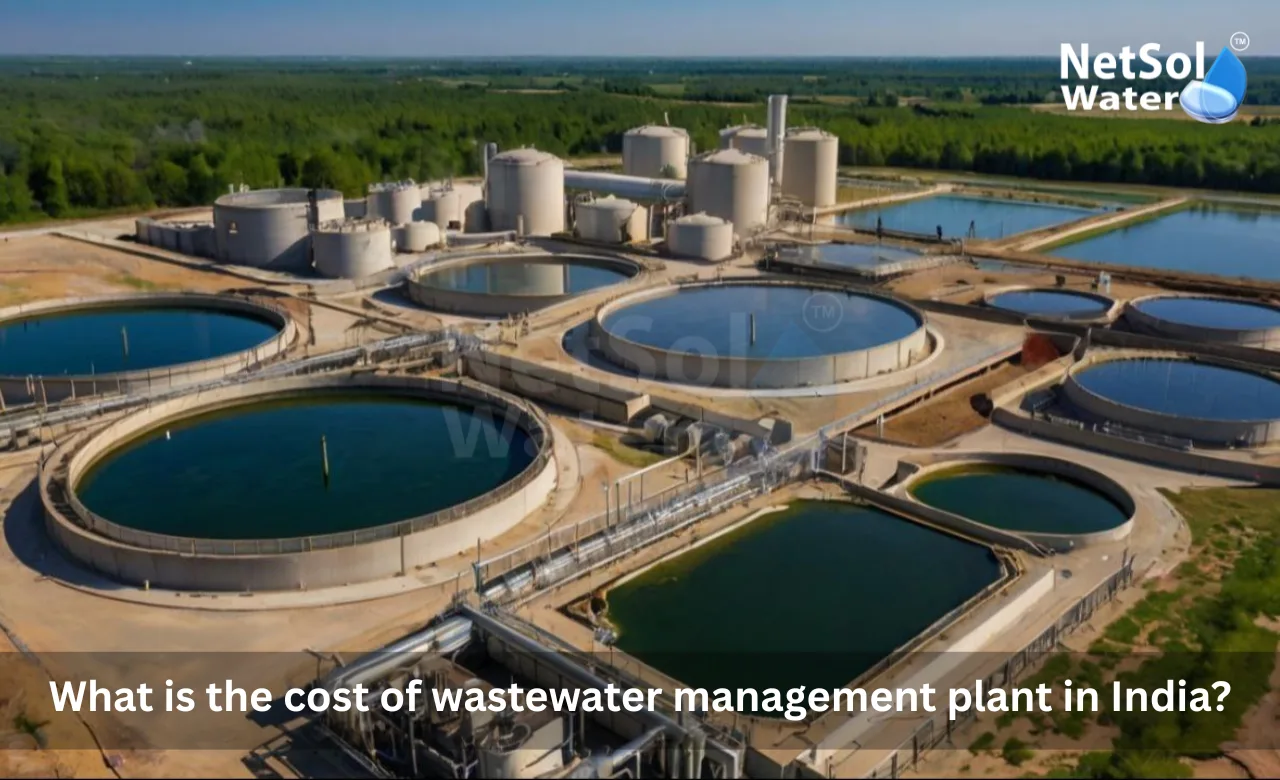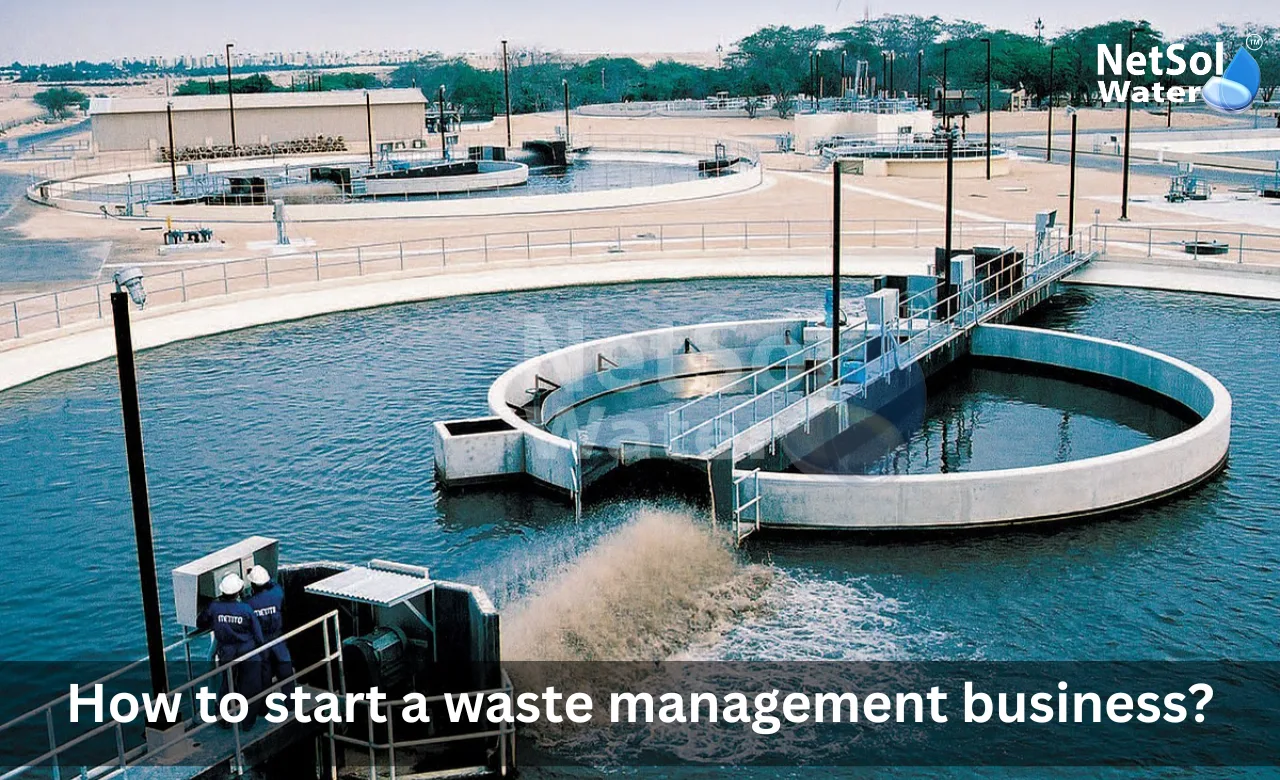Wastewater Management Challenges in Rapidly Growing Urban Areas
Cities in Indian are famous for their busy markets and strong industry. These cities also attract many people each year. This growth puts pressure on the systems that collect treat and dispose of wastewater. A strong Wastewater Management System helps protect public health the environment and local water bodies. The challenge grows when new housing and new factories appear faster than the sewer network and treatment plants can expand. Netsol Water is the leading company that works on practical solutions for urban wastewater problems. We will explain the main challenges that growing cities face with sewage networks and treatment plants.
Infrastructure and Capacity Challenges
Infrastructure and capacity form the first major challenge for any Wastewater Management System in a fast growing city. New housing and new industry increase the flow that pipes must carry and that plants must treat. City planners must consider current need and future growth. Let us have a look on some common problems and on the ways towns can handle them.
Old networks and new demand
Many cities use sewer lines that were built for much smaller populations. These pipes suffer from wear and from blockages that cut capacity. When flow exceeds pipe ability raw sewage can back up into streets and homes. Repair and replacement take time and funds. Municipal leaders must set clear plans for phased upgrades and for regular maintenance. They must also map networks so targeted work can reduce the most frequent breakdowns. Planning work that matches projected population growth keeps the Wastewater Management System working with fewer surprises.
Treatment plant limits and scaling
Treatment plants can lose efficiency when they receive more load than they were meant to handle. Biological systems need time to adapt. Chemical processes use more inputs and add to cost. Plants that operate past design limits can release poor quality effluent. The city can expand plant capacity or add modular units that scale fast. Operators can also use better monitoring to shift loads and to avoid overload events.
Treatment Technology and Operations Challenges
Treatment technology and operations form the second major challenge for a modern Wastewater Management System. New pollutants and variable flows demand robust treatment steps and skilled teams. Let us have a look on some common technical issues and on practical responses that teams can use.
Changing wastewater quality and new pollutants
nenow carries not only organic load but also new compounds from industry and from households. Pharmaceuticals personal care products and some industrial chemicals need targeted removal steps. Standard biological plants cannot remove all of these compounds. Cities must set monitoring that finds new contaminants early. They must then add advanced treatment modules when the data show a need. These steps increase cost but they protect rivers and groundwater. Operators need training to run advanced filters and to manage chemical dosing with care.
Skills operations and maintenance
Cities often lack enough trained staff for continuous monitoring and for quick repairs. Remote monitoring can help but local staff must still act on alerts. Training programs and clear maintenance schedules reduce breakdowns. Partnerships with experienced firms such as Netsol Water can transfer knowledge and help set practical work routines.
Read some interesting information for Commercial RO Plant Manufacturer in Noida
Conclusion
Good cities plan and act now to secure their Wastewater Management System and to keep public health and the environment safe. Netsol Water is the leading partner that can help with design upgrades operations and staff training. If you need support or if you want a consultation please get in touch for practical advice and for a clear plan that fits your city needs.
Contact Netsol Water at:
Phone: +91-9650608473
Email: enquiry@netsolwater.com

